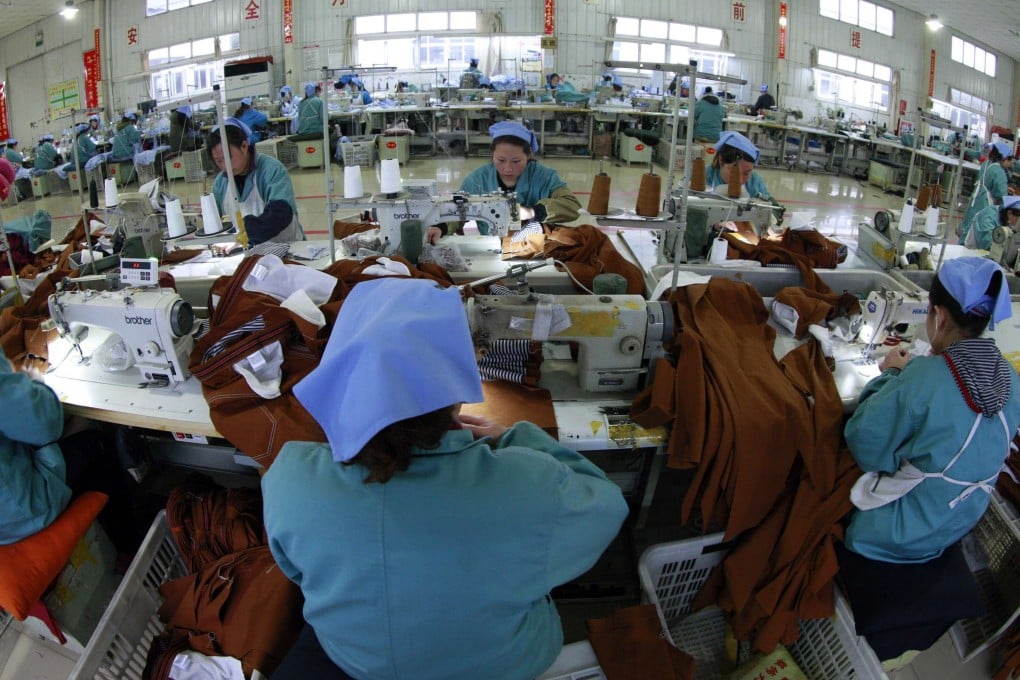Chinese workers fear job discrimination will rise under plans to increase mandatory retirement age
- Workplace bias is already widely considered a problem in China’s labour market, and letting people work longer could make finding and keeping a job even more difficult
- Older employees in white-collar private jobs could end up forced out of long-held roles, especially as competition for jobs among new university graduates intensifies every year

Extending China’s legal retirement age will keep more people employed longer as society ages, but a number of Chinese workers are worried that it might exacerbate discrimination in the job market.
By law, Chinese men retire at age 60 while women generally retire at 50, except for female officials who may work for five more years.
How much the retirement age should be extended is still up for debate, but deep-seated discrimination in China’s labour market – on the basis of gender, age and education – has led many to believe that postponing retirement could make searching for a job even more difficult.
Liu Wendi, a 39-year-old operations manager at an office rental company in Shenzhen, said her job-related anxiety spiked after she turned 35 – an invisible barrier at which Chinese employers start to think twice about the abilities of their workers and job applicants, particularly in fast-paced industries involving the internet and finance.